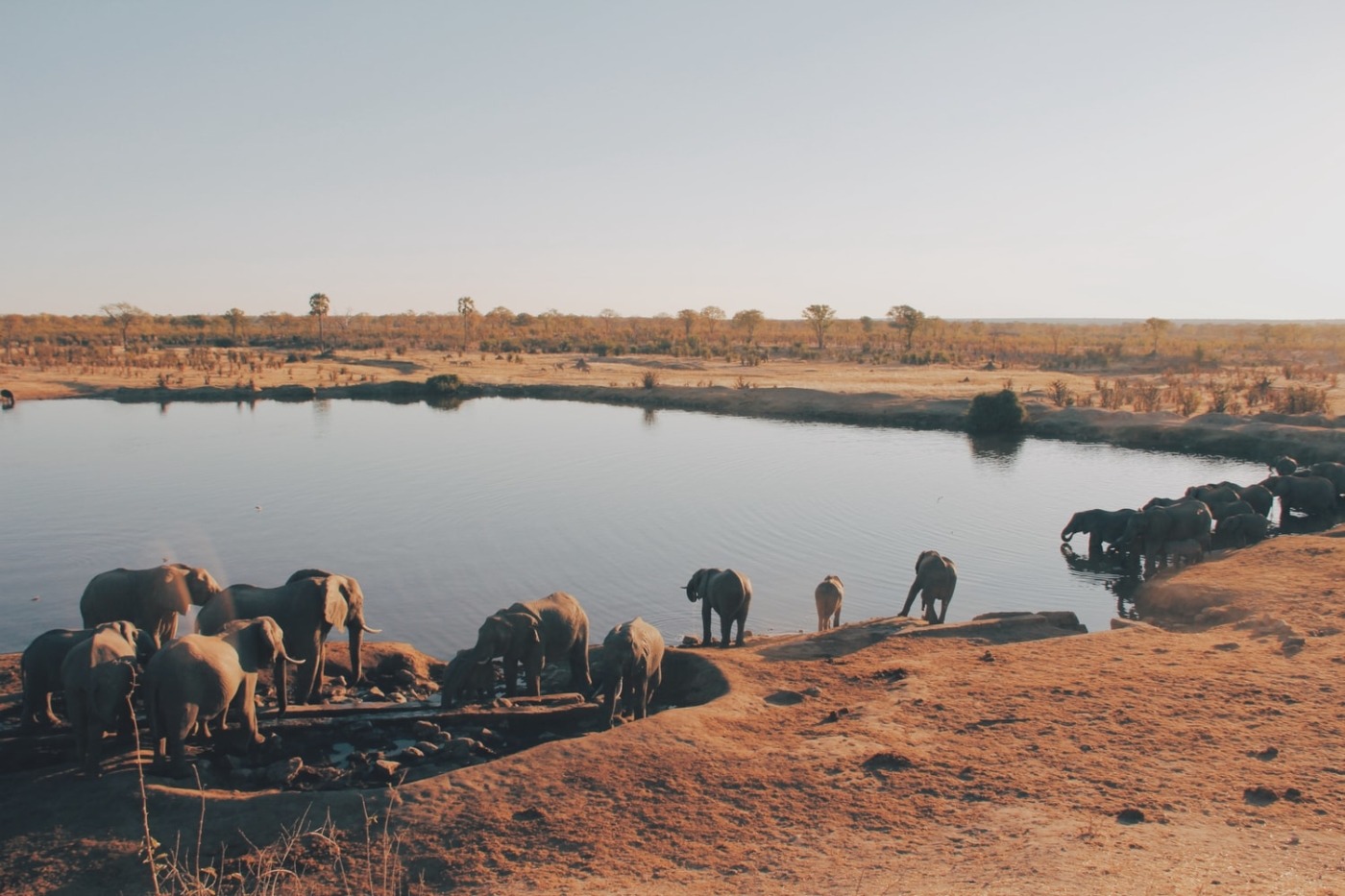What next for the economy of Zimbabwe?
Robert Mugabe is hanging on, but his removal as president will surely happen soon. After 37 years in charge of Zimbabwe, Mugabe will likely soon be impeached by the ruling party, leaving behind a country that has suffered in many ways under his tenure. His presidency has seen a number of economic issues, and Zimbabwe’s economy is nowadays a very weak one. What has happened to Zimbabwe’s finances under Mugabe and, as his tenure comes to a close, what can we expect to happen next?
Mugabe came to power in 1980, the first prime minister of a newly independent Zimbabwe, and was seen as an inspiring figure who could lead the country forward after decades of British and white-dominated rule. It was, at the time, famous for its tobacco production, and its weather meant that the country could farm all year round – the country was known as a ‘bread-basket of Africa’ thanks to its abundant agriculture sector. But it was Mugabe’s handling of farming that led to the country’s disastrous economic state.
In 1992, Mugabe enacted a ‘Land Acquisition Act,’ allowing him to force landowners to give up their property and redistribute it. The following year, he threatened to expel white landowners who objected, but he didn’t really have the political strength to do it until 2000 (at which point, the country’s economy had already been hit by a military intervention into the Democratic Republic of Congo in 1998). He forced 4000 white farmers to give up their land, in many cases leaving farmland with people with no farming experience, and food production halved almost overnight. Immediate food shortages were not helped by two years of bad harvests and an extended dry spell in 2002, leading to Zimbabwe’s worst famine in 60 years.
It is heavily dependent on exports, with its main earners being tobacco, gold and platinum
Because of the chronic shortage of basic goods, the central bank started printing more money to finance imports, leading to rampant inflation (and, soon, hyperinflation). From a rate of 59% in 2000, it rose to 600% (in 2003), 1,200% (2006), 66,200% (2007) and a staggered 80 billion percent in 2008. The government response was to declare inflation illegal, arrest business people caught raising prices and impose a wage freeze, seeing the country’s GDP shrink from $8.6 billion (in 1991) to $4.4 billion that year. In 2009, Zimbabwe had to abandon its now-completely worthless currency, leaving its business to be conducted in US dollars, South African rand and seven other currencies.
Recently, the government shifted its focus from farms to mines, ordering almost all diamond miners to stop working and leave their facilities – the plan is that a state-run entity will take over. The economy, although it has seen an increase in GDP (to $16.3 billion last year), is still struggling, with the government responding to bank runs by introducing bond notes (worth $1 each) late last year.
How is the Zimbabwean economy today? It is heavily dependent on exports, with its main earners being tobacco, gold and platinum. The farm industry is still going, albeit to a much weaker degree – wheat production in 1990, before the seizures really began, was 325,000 tons, compared to 20,000 tons last year. It still has a huge wealth of national resources, including a vast reserve of coals and, after Russia, the world’s second largest diamond reserves. Job-wise, non-military public sector workers (primarily teachers, health workers and civil servants) make up more than 40% of the workforce.
If Mugabe is impeached, the country can get its economy back
The country’s economy has mainly been looked after, in recent years, by China. China accounts for more than half of all foreign direct investment, and provides a physical supply of hard currency like the US dollar. Chinese money has helped revive exports of tobacco (China buys a third of Zimbabwe’s tobacco exports), and China has helped the country with its energy infrastructure. Other countries have, on the whole, avoided investment in Zimbabwe, because of the endemic corruption and excessive interference by the Mugabe government in the economy.
The hope is that, if Mugabe is impeached, the country can get its economy back on track by engaging with the world and the IMF more, installing a more orthodox foreign policy and thus being able to obtain foreign aid and debt relief. The Zimbabwe Defence Forces, which are now in effect running the country, recognise that a more business friendly attitude is necessary to start rebuilding the country’s finances, but all parties are aware that foreign help will be needed – prominent businessman Welshman Ncube has slated Mugabe’s economic record, stating: ‘You will not be able to make a dent in this economy without international support.’
All the key voices are singing from the same hymn sheet and, with Mugabe’s removal now surely a matter of time, it will be interesting to see if they can enact their economic plans and reinvigorate Zimbabwe’s finances.

Comments